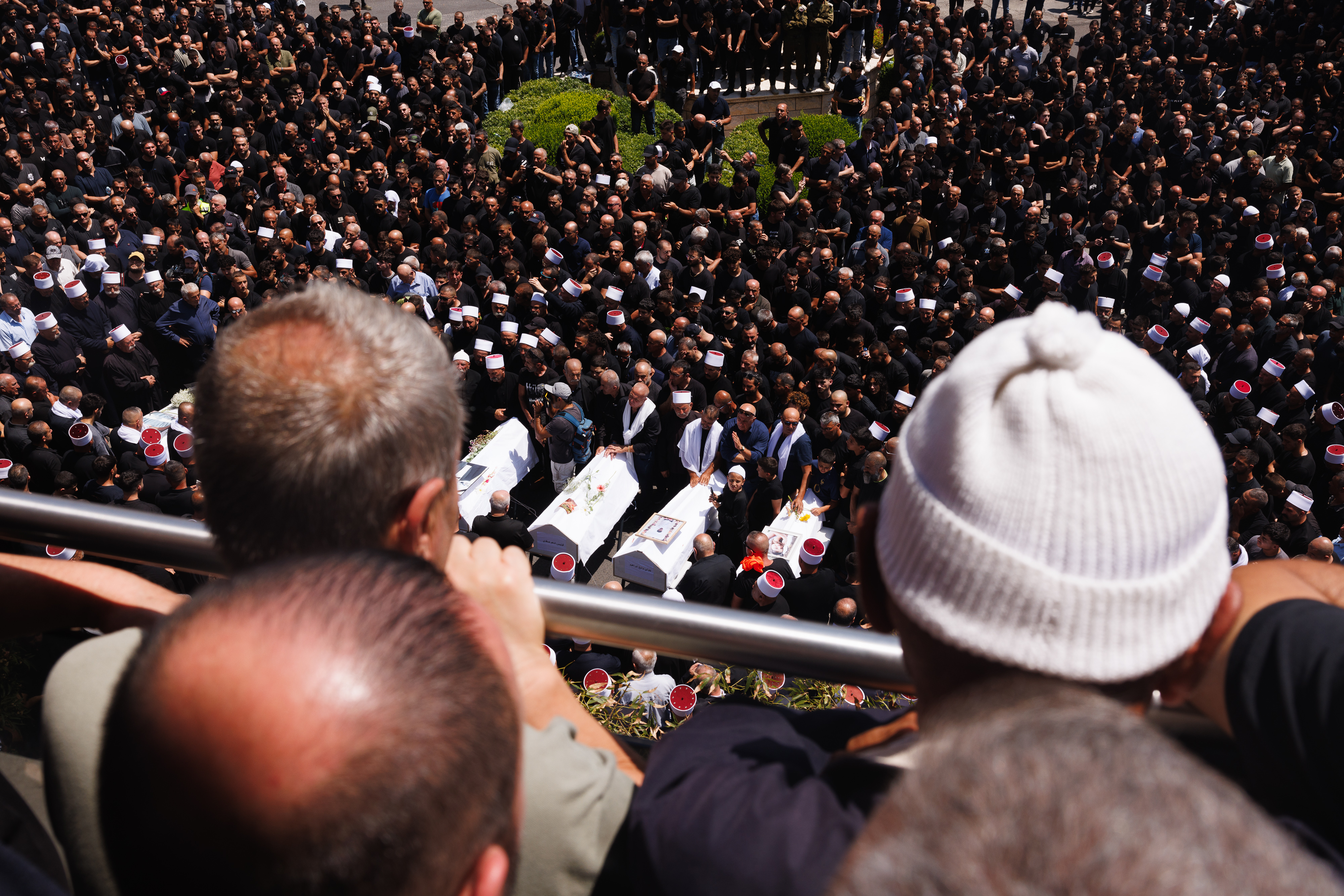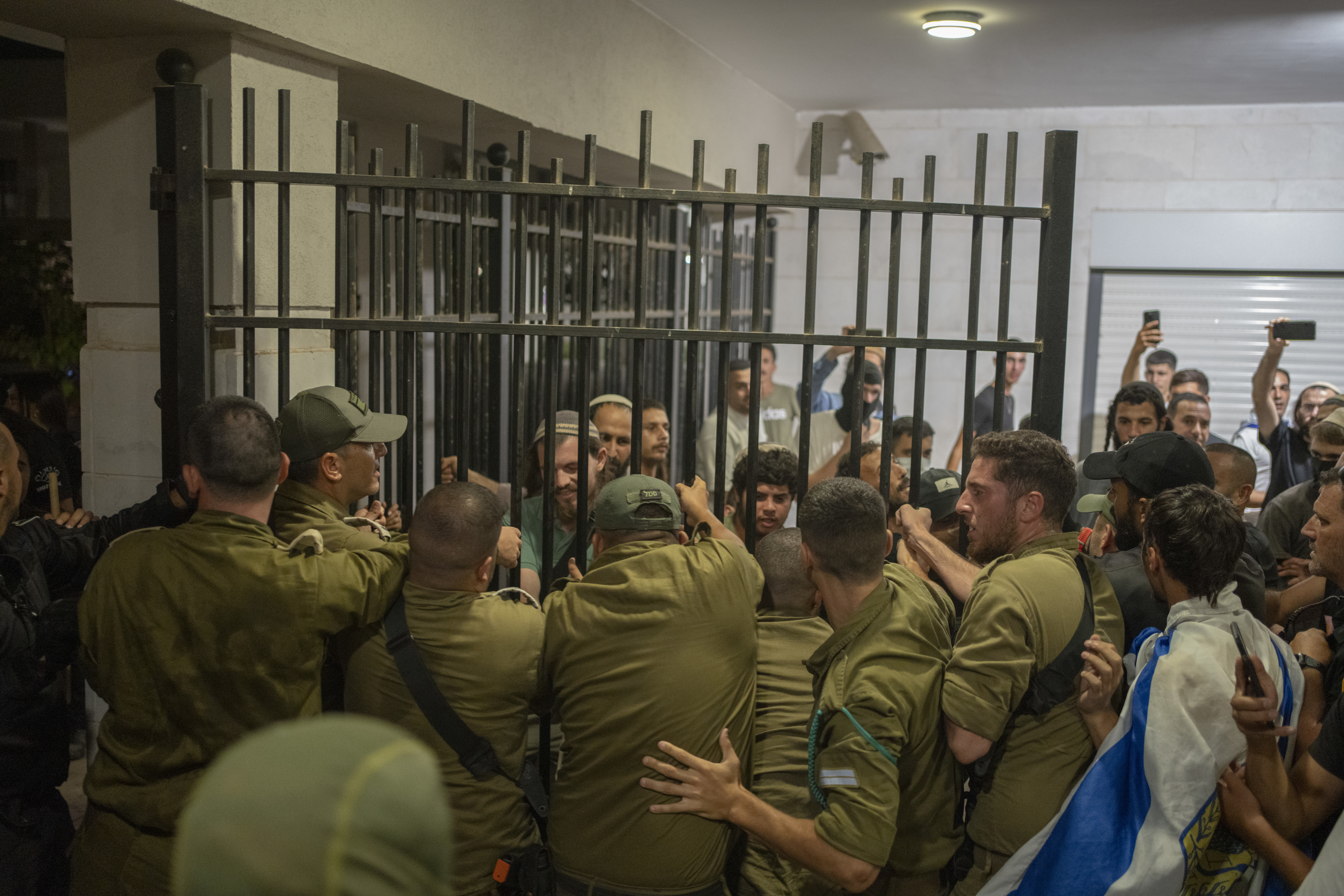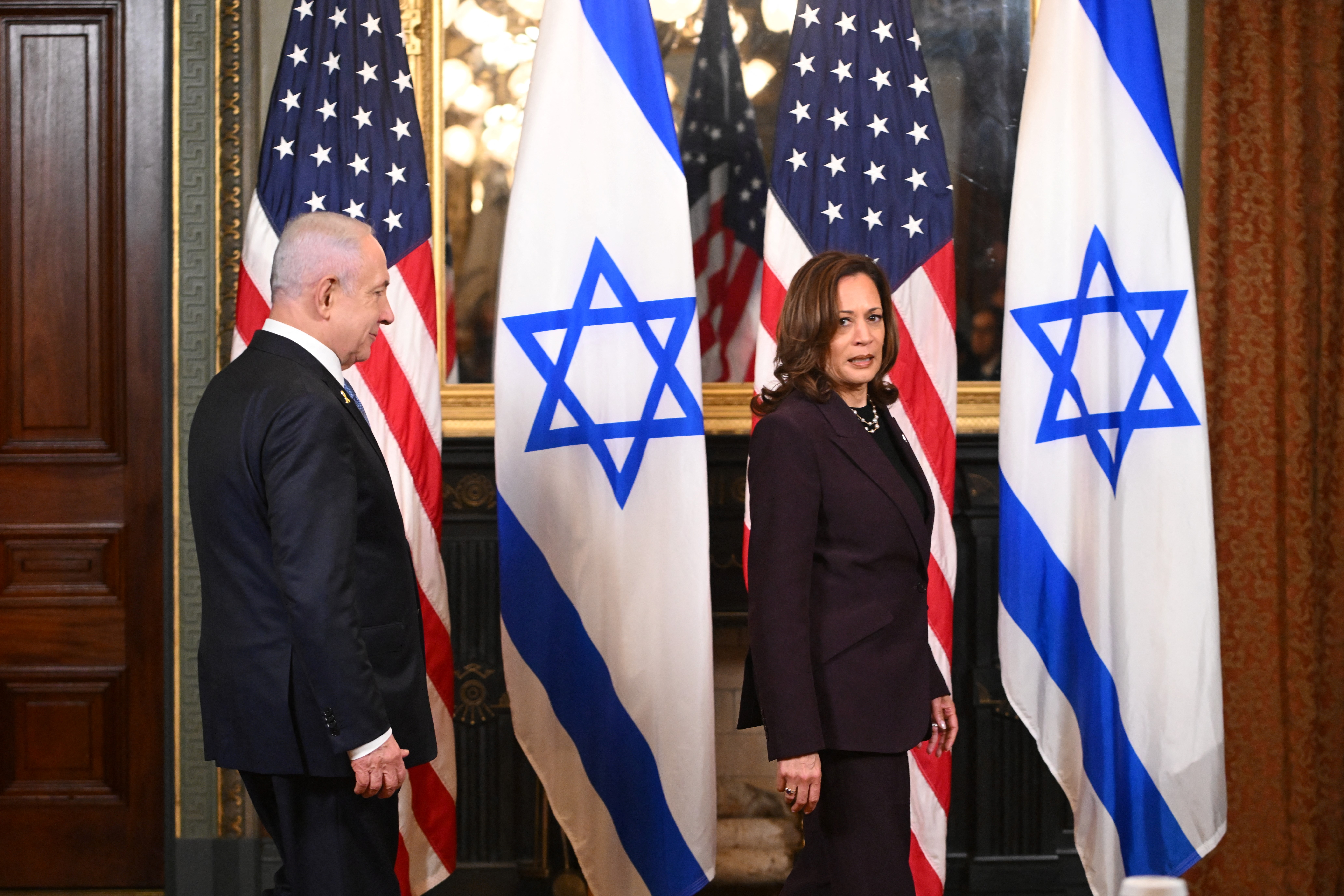Israel said it targeted a Hezbollah commander in a rare strike Tuesday on Beirut that killed at least one woman and wounded dozens of people in escalating hostilities with the Lebanese militant group.
The Israeli military said the strike was aimed at the commander allegedly behind the deaths of 12 youths in a weekend rocket attack on the Israeli-controlled Golan Heights, as well as the deaths of numerous Israeli civilians hit in other strikes.
An Israeli official said the target was Fouad Shukur, a top Hezbollah military commander whom the U.S. blames for planning and launching the deadly 1983 Marine bombing in the Lebanese capital. The official spoke on condition of anonymity because he wasn’t authorized to discuss the details of the strike with the media.
It was not immediately clear if Shukur was hit.
Get top local stories in Philly delivered to you every morning. >Sign up for NBC Philadelphia's News Headlines newsletter.
US & World
Though Hezbollah has issued a rare denial of involvement in the rocket attack Saturday in the town of Majdal Shams, Israel is holding the militant group responsible. "Hezbollah crossed a red line,” Israeli Defense Minister Yoav Gallant posted on the platform X shortly after Tuesday's strike.
The two sides have been exchanging near-daily strikes for the past 10 months against the backdrop of the war in Gaza, but had previously kept the conflict at a low level that would not escalate into full-on war.
Lebanon's public health ministry said that Tuesday's strike in a southern suburb of Beirut killed one woman and injured 68 people, some of them seriously. The wounded were taken to nearby hospitals. Bahman Hospital near the site of the blast called on people to donate blood.
Lebanon’s state-run National News Agency reported that the strike was carried out with a drone that launched three rockets.
“The Israeli enemy has committed a great stupid act in size, timing and circumstances by targeting an entirely civilian area,” Hezbollah official Ali Ammar told Al-Manar TV. "The Israeli enemy will pay a price for this sooner or later.”
Lebanese caretaker Prime Minister Najib Mikati condemned the Israeli attack, saying it hit a few meters from one of the largest hospitals in the capital.
The office of Israeli Prime Minister Benjamin Netanyahu did not immediately release a statement, but minutes after the strike sent a photo of the prime minister with his national security advisor and other officials.
The airstrike on Beirut’s southern suburb of Haret Hreik - a crowded urban neighborhood where Hezbollah has political and security operations but which is also full of small shops and apartment buildings - damaged several buildings.
It was not immediately clear if any Hezbollah official was hit, a Hezbollah official said. A Lebanese military intelligence official said they had no information when asked by The Associated Press whether a senior Hezbollah security official had escaped the airstrike.
Both officials spoke on condition of anonymity in accordance with regulations.
The strike hit an apartment building near to a hospital, collapsing half of the targeted building and severely damaging one next to it. The hospital sustained minor damages, while the surrounding streets were littered with debris and broken glass.
A forklift was in the middle of the street, reaching to the top floors of the destroyed building, while utility crews removed fallen power lines. Crowds gathered to inspect the damages and check on their families. Some of them chanted in support of Hezbollah.
Paramedics could be seen carrying several injured people out of the damaged buildings.
A resident of the suburb whose home is about 200 meters (yards) away said that dust from the explosion “covered everything," and that the glass in his son’s apartment was broken.
“Then people went down on the streets," he said. “Everyone has family. They went to check on them. It was a lot of destruction.” He spoke on condition of anonymity out of concerns about his security at a tense moment.
Hassan Noureddine said he was riding his motorcycle near the building when he heard the sound of two explosions. “It looked like a strike from a drone and not a jet,” Noureddine told the AP near the site of the attack.
Despite fears of escalation and a strike in recent days, Noureddine says that he and those he knows in the area are not fazed and that their spirits are high.
Talal Hatoum, a local official with the Shiite Amal Movement, Hezbollah’s key political ally in Lebanon, said that Tuesday's attack marked a shift in the rules of engagement in the conflict because it caused a significant number of civilian casualties.
The last time Israel targeted Beirut was in January, when an airstrike killed a top Hamas official, Saleh Arouri. That strike was the first time Israel had hit Beirut since the 34-day war between Israel and Hezbollah in the summer of 2006.
Israel had been expected to retaliate for the Majdal Shams strike, but diplomats had said in recent days that they expected the response to stay within the boundaries of the ongoing low-level conflict between Hezbollah and Israel without provoking all-out war.
Many of them had not expected that Israel would hit Beirut, which might elicit a strike by Hezbollah on a major population center in Israel.
White House press secretary Karine Jean-Pierre told reporters Tuesday that she would “leave it to Israel to speak for their own military operations.” But Jean-Pierre stressed that the Biden administration did not see all-out war as inevitable, adding that the U.S. president believed a diplomatic solution was still possible because it’s important to “continue to be optimistic here.”
——-
Goldenberg reported from Tel Aviv, Israel. Hussein Malla and Sarah El Deeb in Beirut contributed reporting.




